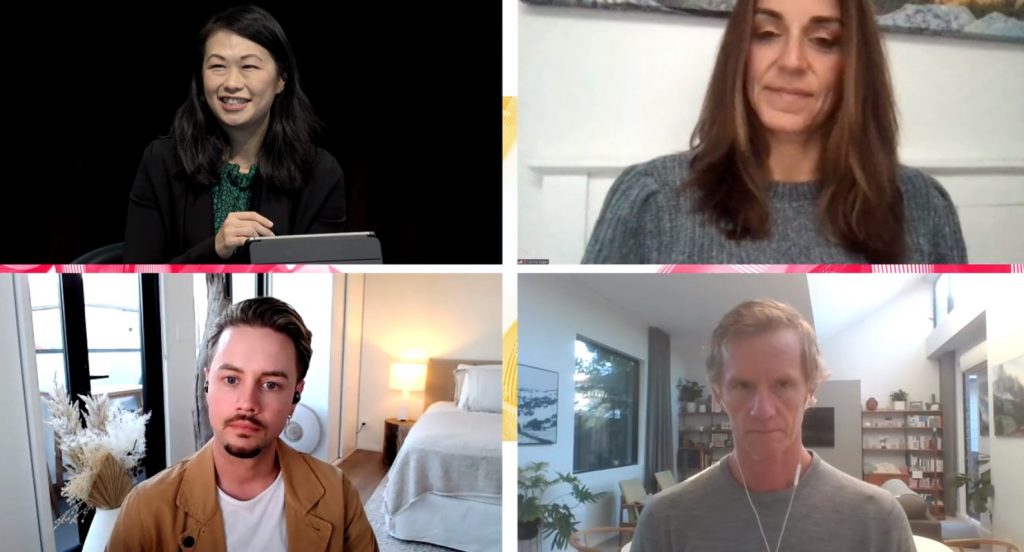By Noah Grundy
In 2019 – long before COVID-induced lockdowns – a quarter of Australians faced problematic levels of loneliness; let alone now. However, despite how ubiquitous the issue, it is all too often overlooked.
At this year’s Shared Value Summit Asia Pacific – broadcast live from Melbourne on 17 June – a panel of mental health and loneliness experts surfaced the topic; exploring the role of business in addressing this challenge.
“Loneliness is economically costly,” Michelle Lim, Scientific Chair at Ending Loneliness Together, told the audience of almost 500 corporates, and representatives across government, community organisations, and academia. “We know loneliness reduces workplace productivity and increases staff-turnover.”
Indeed, loneliness cost the US $9.1 billion AUD in 2017. Australia lacks similar data, but for Mitch Wallis, founder and CEO of Heart On My Sleeve, this is evident: “We all know how bad mental health is and how this is affecting the workplace,” he said. “[And when] awareness is saturated, telling someone that it’s okay to speak up doesn’t do much [and] wearing bright coloured t-shirts doesn’t do much”.
He added: “It’s down to leaders [to] do the things they encourage others to do [because] what actually changes stigma is action… [that’s] what gets things to stick.”
But leaders might wonder how much they can do when employees work from home. Duncan Young, Head of Workplace Health and Wellbeing at Lendlease, said working from home “doesn’t prevent good leaders and employees from making meaningful connections”. “We’re coaching leaders to have meaningful conversations remotely,” he explained.
Though ideally, according to Jennie Sager, Head of Nextdoor Australia, we must promote face-to-face connection. “We’re connected on so many platforms, but if you look at the data, it actually shows that we’re more disconnected than ever,” she said.
Duncan pointed out that the solution could be a hybrid model – people enjoy working from home when they conduct research or administrative tasks, he explained. In fact, working from home means time for local community. “We’ve had a local cafe open up… I’ve never met more people in my life from my community,” said Duncan.
He added that leaders can have a positive influence through clever workplace design: “You want your environment to make [social connection] frictionless. The small things – lunch tables, latte lines, stairwells – they make an enormous difference,” said Duncan. “It’s almost like designing loneliness out of [existence]… spaces are incredibly important,” Michelle agreed.
But if there’s one thing for leaders to note, Mitch said it’s “to not make someone worse”. “If I had 15 seconds in an elevator with a CEO or an HR director and they said, ‘What’s a mentally health workplace to you?’ I’d say ‘One that doesn’t cause or aggravate psychological injury. Everything on top of that is a bonus’.”
To conclude the discussion, Stephanie Phillips, Chief Shared Value and Marketing Officer at AIA Australia, reminded the audience that solving loneliness is a collective challenge: “It’s about big business and government getting involved. That’s what true shared value is… moving from good intentions to actually acting.”
—
The Shared Value APAC Summit was held on 17 June 2021 in partnership with major sponsor AIA Australia and supporting sponsors IAG, NAB and PwC Australia.
Missed this year’s event? Don’t fret! We’ve launched a first-ever on-demand ticket, to give you access to the Summit’s full program of keynotes, panel discussions and lightbulb presentations for the next three months. Find out more by visiting svsummitapac.org.
